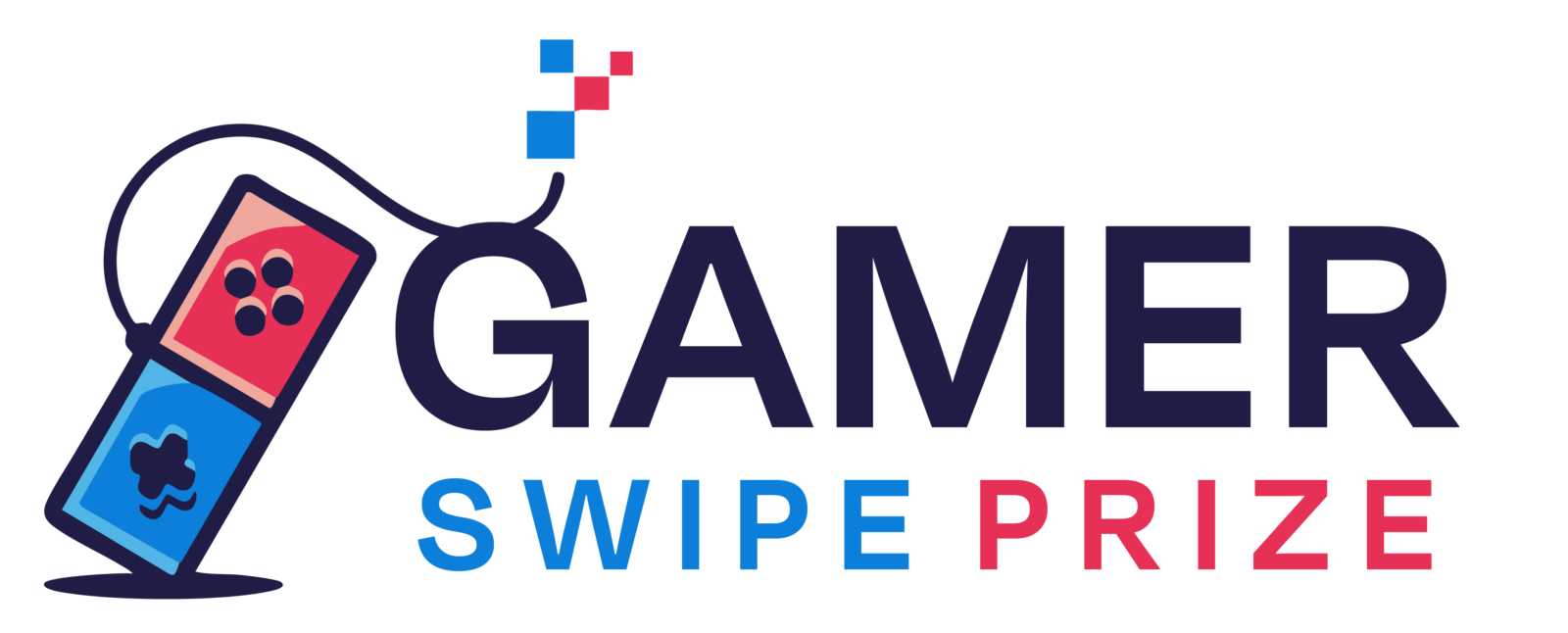7652493361 in the World of Data
We live in a datadriven universe. A number like 7652493361 can serve as an anchor point in databases. Think of datasets that map customer behaviors, event logs, or IoT device usage. Numbers need to be unique, nonrepeating, and somewhat unguessable—this fits the mold. In marketing databases, anonymized IDs are common, and this number aligns nicely with those formats. Could be a customer profile, user session from an app, or internal tracking tool ID.
The Pattern Within 7652493361
Before diving into where else you might encounter 7652493361, let’s break it down a bit. Is there a pattern? When you look at numbers analytically, you start noticing interesting things—repetitions, pairings, even possible encodings. This number starts off descending (7, 6, 5), ascends (2, 4), balances middlerange numbers (9, 3, 3), and ends with a 6 and 1. Not a perfect sequence, but it’s not random either. Sometimes, numbers that feel arbitrary actually follow an internal rhythm, and that rhythm can suggest use cases—password generators, numeric identifiers, or placeholders in simulations.
Why Arbitrary Numbers Stick
Humans are wired to find order. Even within numeric chaos, if you’ve seen 7652493361 before, your brain may have classified it as important. Sometimes these numbers are tied to meaningful experiences—like a missed call, a code received randomly, or a tracking ID that arrived during a critical moment (package during a storm, maybe). Other times, curiosity sticks for no reason at all. But once recognition sets in, you’d be surprised how often your mind looks for that number again.
Everyday Use Cases for Seemingly Random Numbers
So where might you bump into something like 7652493361? Aside from mobile numbers or digital codes, these types of sequences show up in:
API keys Order confirmations Ticket numbers CRM system IDs Geolocation identifiers
All of these systems thrive on unique strings, and a 10digit number like this fits the bill for oneoff identification in places where filtering, sorting, and crossreferencing are key.
RealWorld Curiosity: Searching 7652493361
Pop this number into a search engine. What happens? Sometimes you’ll get nothing, and that blank space creates more mystery than if you’d gotten thousands of hits. In a world saturated with data, an empty search result can be oddly rare. Is it unindexed? Underused? Or is it intentionally left out (burner accounts, shadow data, closed systems)? The absence of data invites speculation.
When Numbers Become Brands
Sometimes a number becomes more than just a numeric string. It builds a rep. Take 404—it means something. Or 007—that’s a license to kill. Numbers develop identities over time. Could 7652493361 take on this characteristic? Possibly. In online cultures, rare or clean numbers (with minimal pattern) have trading value. Gamers chase user IDs, collectors go after lowdigit serials, and digital art validators prioritize unique reference keys.
Using 7652493361 Strategically
Alright, say you’ve decided to use 7652493361 for something—maybe a PM project tag, a version code, or just a filler for testing software inputs. Good call? Arguably yes. Here’s why:
It’s not easily memorable, making it secure. It holds no visible ties to protected info (like birthdays, SSNs). It’s not so random that it’s meaningless—it holds slight structure. It’s long enough to be unique in certain labeling systems.
That makes it prime material for dummy data during beta builds, system stress tests, or placeholder copy in datasets.
Fun Fact: Numbers That Go Viral
Quick side trip here. Numbers like 7652493361 can go viral under the right conditions. If someone with a large platform shares it in a joke, a riddle, or simply types it as an easter egg, others follow. The mystery of “why this number?” becomes more magnetic than the number itself. We’ve seen other examples—random subreddits, file names, or geo tags that take off suddenly because people decide en masse that they’re interesting.
Conclusion: Numbers Are Just the Beginning
7652493361 may look like ten digits without context, but that’s part of what makes it compelling. In tech, mystery matters. In design, structure matters. In human curiosity, repetition matters. Whether you’re seeing it in a dashboard, a text thread, or just out in the wild, chances are it’s locked into your mental index now. And once that happens, its utility grows—even if only in your own brain.
So next time you see 7652493361, know this: It’s not just a number. It’s a key, a placeholder, a tracker, a curiosity, maybe even a social object in disguise.




